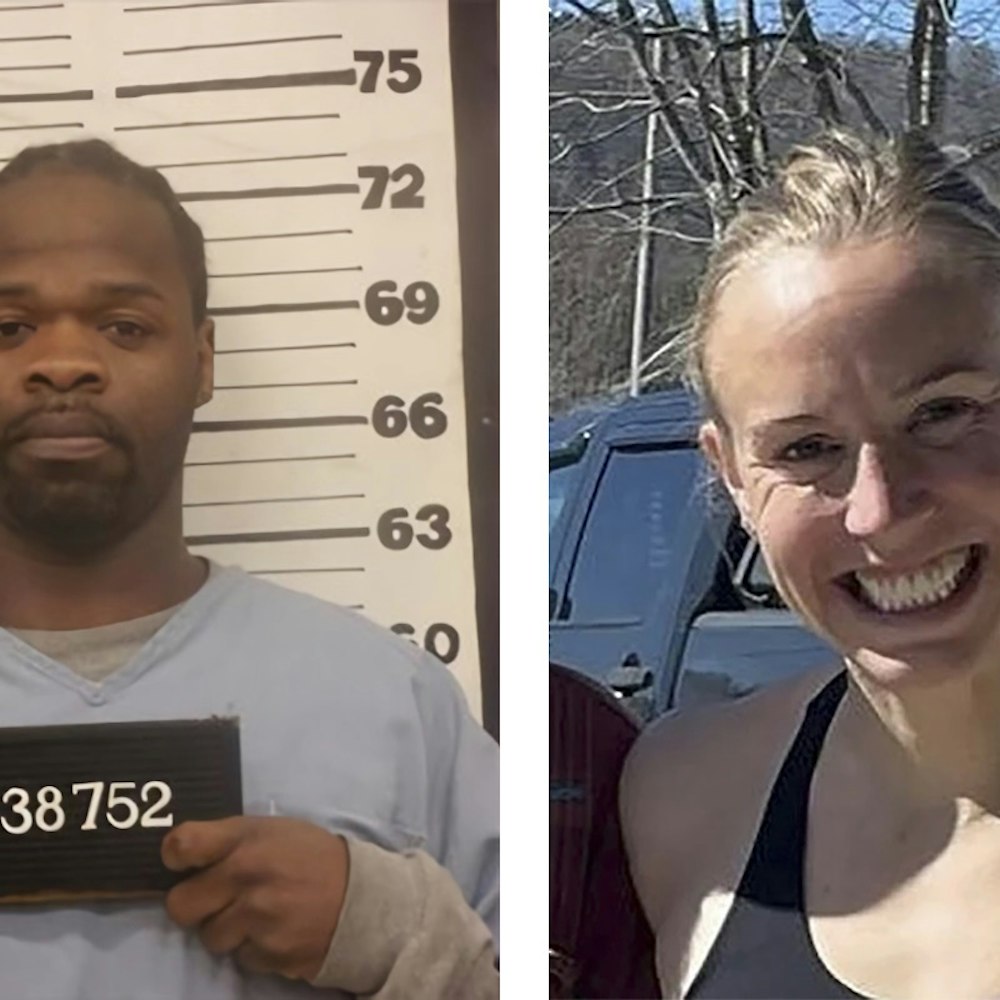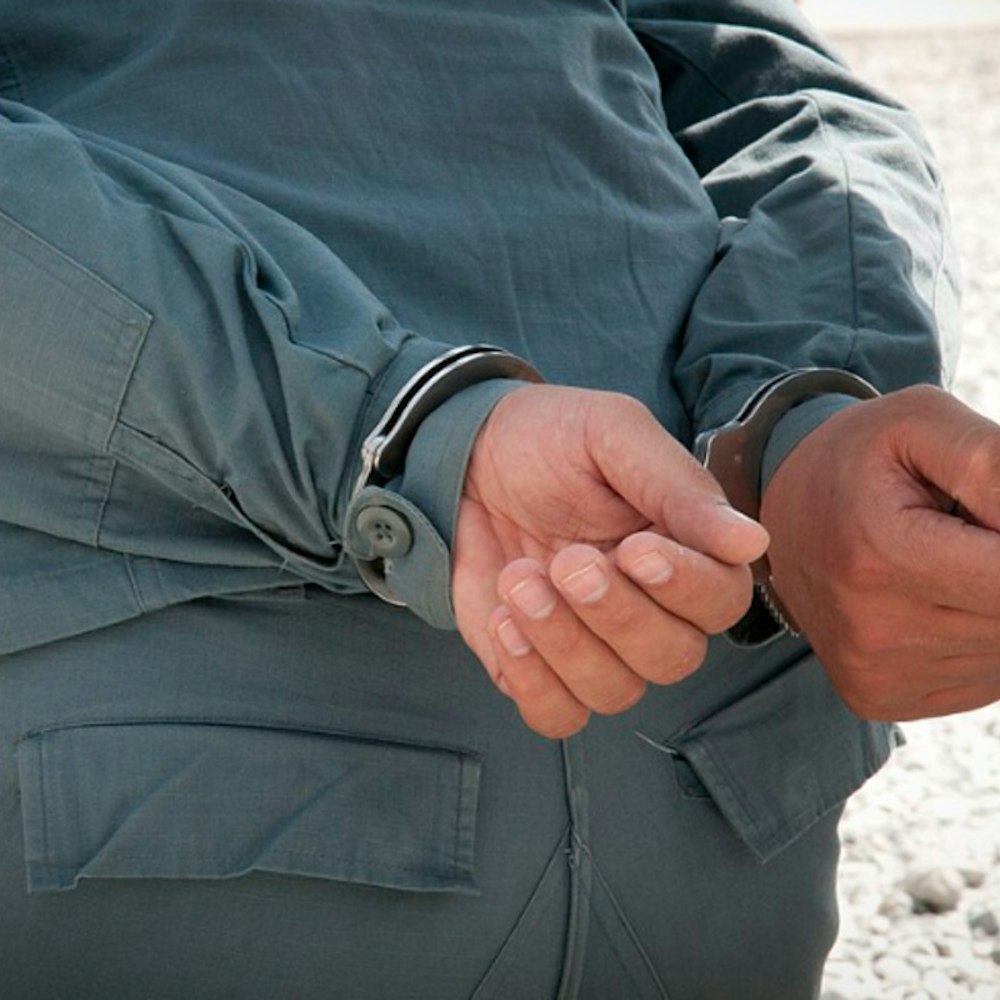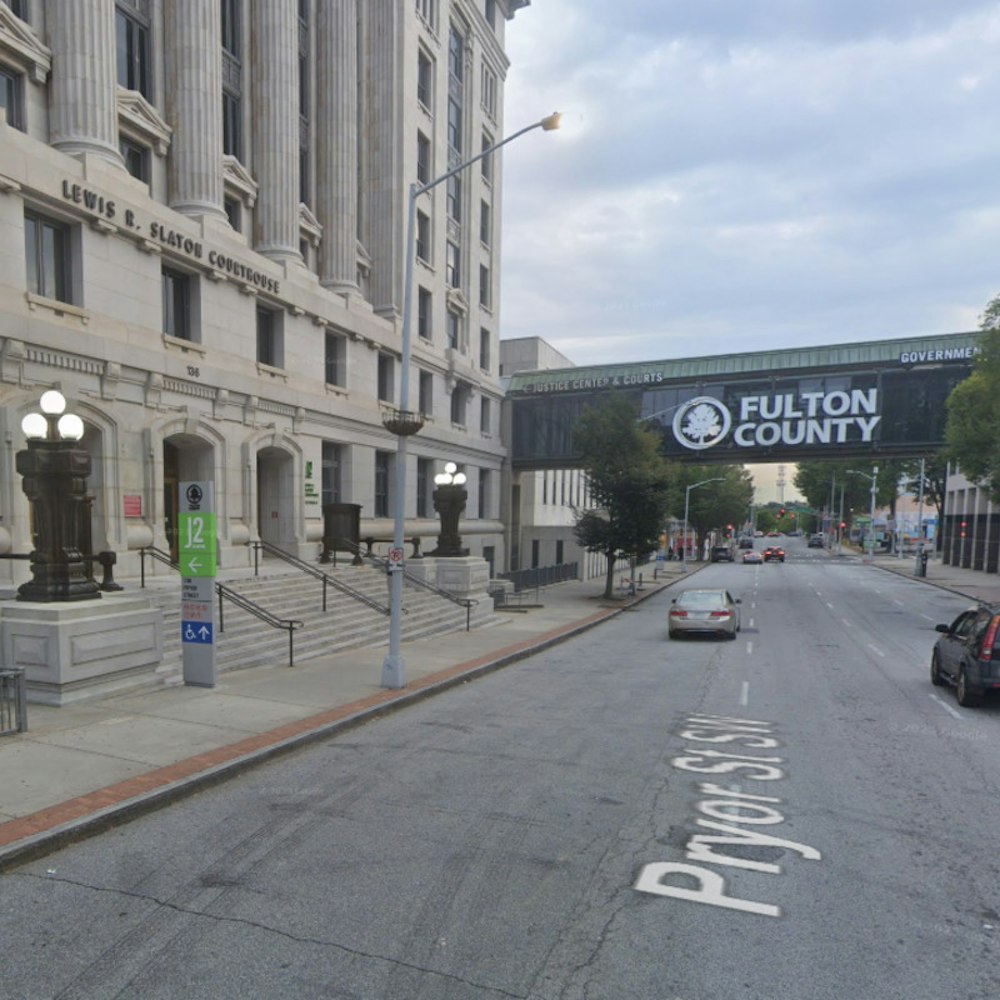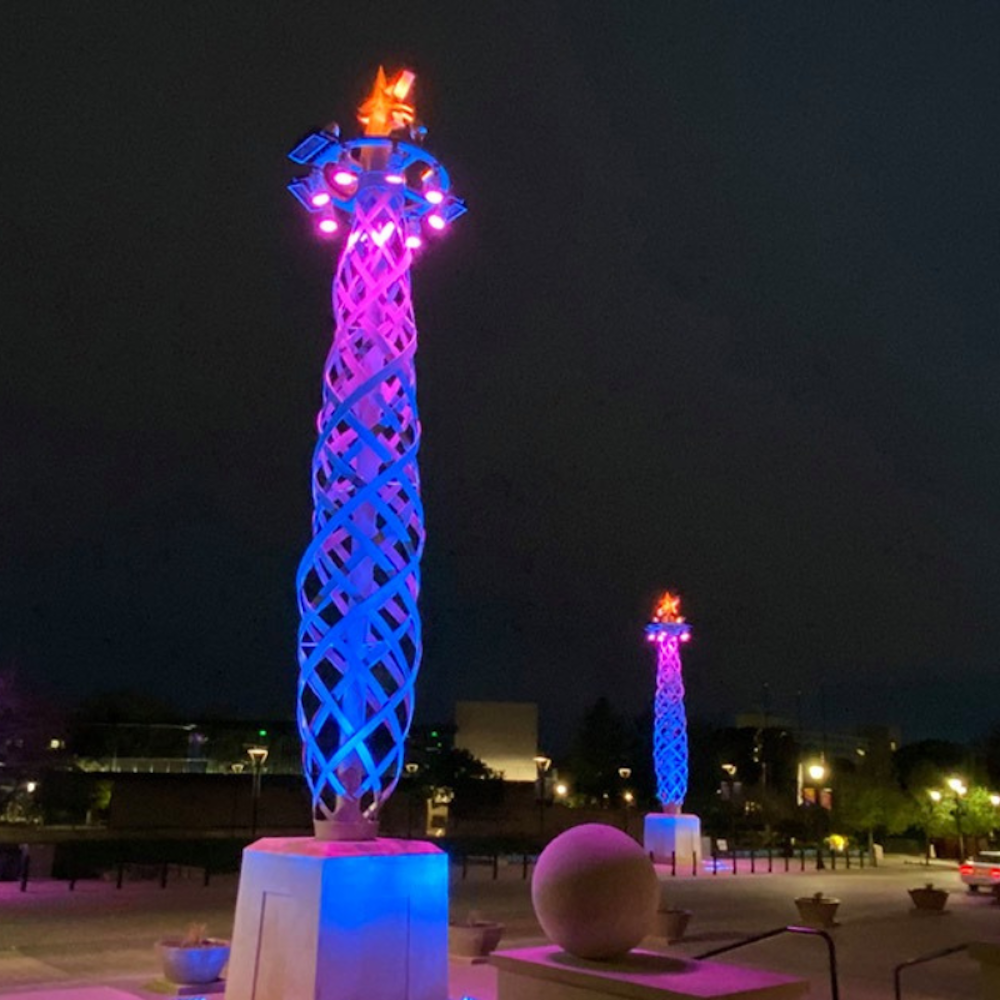
Three individuals associated with a sweeping signature fraud operation in Michigan will face trial, as confirmed by recent court proceedings. Shawn Wilmoth, Jamie Wilmoth-Goodin, and Willie Reed are accused of masterminding a fraudulent campaign that denied several gubernatorial and judicial candidates their rightful place on the August 2022 primary ballot. The trio reportedly submitted nomination petitions with what turned up to be tens of thousands of forged signatures, according to investigations by Michigan Attorney General Dana Nessel's office and judicial findings by Warren District Court Judge John Chmura.
The three individuals were contracted to collect signatures for the candidates, a process that should have been the cornerstone of electoral democracy. Instead, they strategically chose to allegedly indulge in activities that undermined the political process and exploited the aspirations of the candidates. As per a statement from the Michigan Department of Attorney General, Dana Nessel, which was later reiterated by her office, "The signatures furnished by these defendants were clear forgeries and fabrications, and the harm the victim campaigns suffered is substantial and without remedy".
In a legal battle that hinges on the integrity of political processes, the charges are grave and numerous. Shawn Wilmoth is facing a slew of accusations, including conducting a criminal enterprise and election law forgery, while Reed shares similar charges. Jamie Wilmoth-Goodin's indictment includes conducting a criminal enterprise and use of a computer to commit a crime, among others. The defendants siphoned over $700,000 from the campaigns for a service steeped in deceit.
The repercussions of these actions were far-reaching. Seven judiciary and gubernatorial hopefuls found their political ambitions unjustly curtailed, their names absent from the ballot—this, a direct outcome of the defendants' choice to reportedly reshape rules into tools for personal gain, as suggested by the evidence put forth by the State. "The very act of the defendants submitting these documents to the Secretary of State when they had reason to believe the signatures were fraudulently obtained is election fraud," Judge Chmura asserted during the court proceedings, as reported by The Detroit News.
Amid the legal turmoil, validators Stacy Conroy and Jennifer Hendrickson testified about their escalating unease concerning the authenticity of the petition signatures—a sentiment seemingly ignored by the higher-ups in the fraud scheme. They reported their concerns, only to be instructed to press forward. "There was no point in asking because the answer was always, 'It was good,' 'Mark it good,'" Conroy said, as per The Detroit News. As the trial looms on the horizon, the narrative of these proceedings will unfold, with judicial candidates such as Tricia Dare left to grapple with the aftermath of a compromised democratic process.









